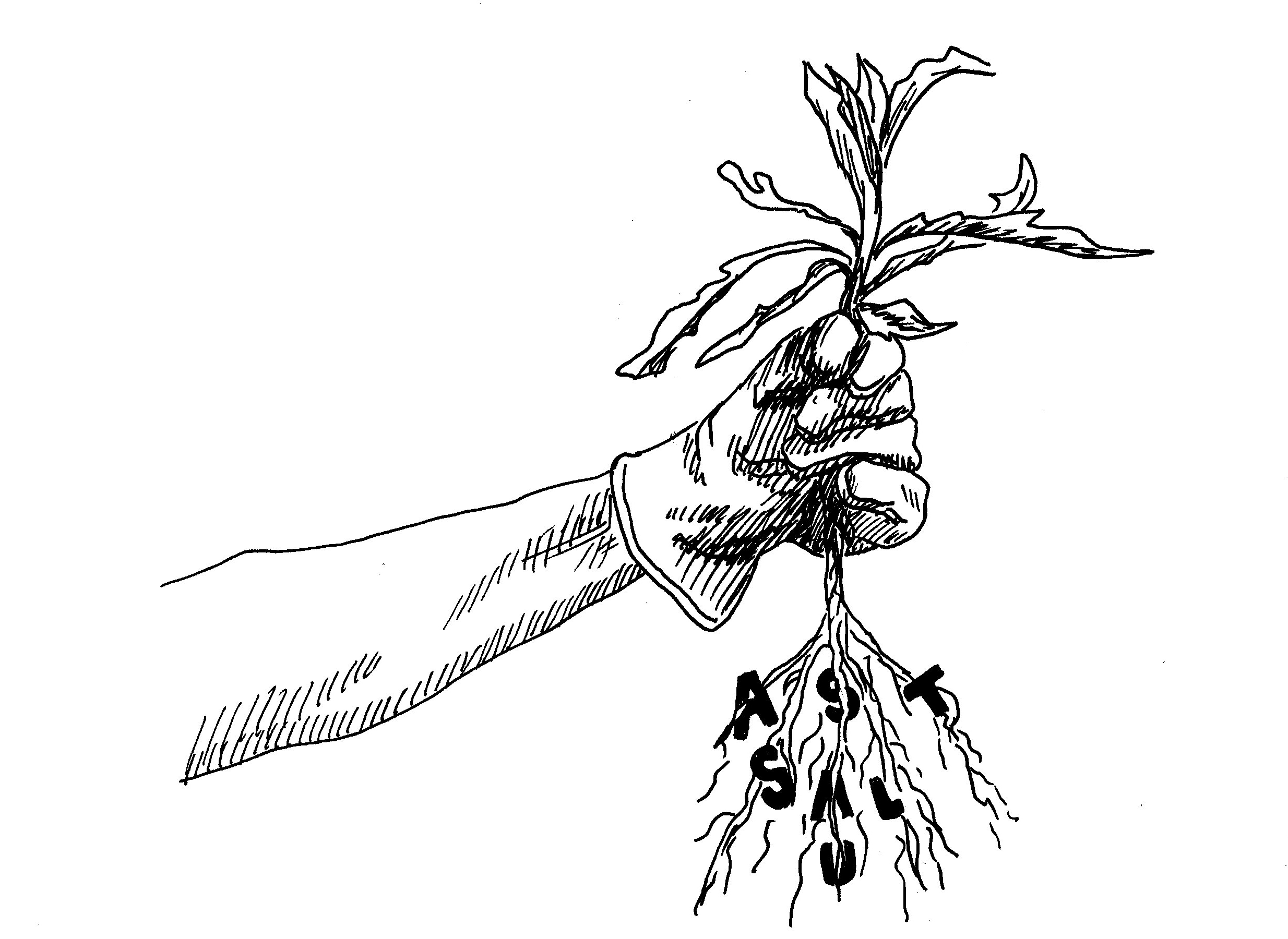
Earlier this week, Lady Gaga released a new music video called “Til it Happens to You,” which details three graphic scenes of sexual violence, in order to raise awareness about sexual assault on college campuses. A few days later, the American Association of Universities released the results from a recent survey on collegiate sexual violence. Both offer grim perspectives of collegiate sex culture, and both received a lot of attention at Yale and across the country. Though I still struggle to make sense of the AAU report, I’ve found that Gaga’s video serves as an instructive foil revealing some of the preconceptions we hold about sexual violence, and how, after these disturbing revelations about our community, we can work to move forward.
Gaga’s effort to raise awareness about sexual violence is laudable, but her message is misleading and her medium is inept. The story arc of her music video is archetypal and simplistic. Three heterosexual men use force or drugs to incapacitate and then rape young women. The tableau is shocking but familiar; such portrayals of collegiate sexual violence have become embedded in the American psyche, nestled next to our fear of the stranger in the alley way. We are painfully aware of this kind of violence and it takes up too much of our conversational bandwidth. When we allow ourselves to be fixated by rape, other insidious but less severe forms of sexual misconduct fly under the radar.
Sexual violence unfolds on a spectrum — from rape to harassment, to behavior that is not severe enough to fit Yale’s standards of misconduct but disrespectful enough to violate standards of common decency. While a hand being repeatedly swatted away from a thigh is not as gripping an image as a roofied teenager lying unrobed, lower forms of sexual pressure and disrespect are still profound problems because they serve as both the context and cloaking for more severe behavior. Lower-level sexual impropriety deserves more of our awareness because it is the realm in which we can make progress.
The most shocking implication we can draw from the survey is that, as a community, we have not yet figured out what sexual violence looks like. An important step towards figuring this out is raising our awareness of sexual pressure and disrespect. We should look for unwanted hands and make sure they stay off of uncomfortable thighs. When a friend talks about their hook up, instead of asking “What base?” we should ask “Did you guys have fun?” We dig up weeds by pulling out their roots.
The other lamentable aspect of Lady Gaga’s music video is her portrayal of men. From the video, one gets the impression that college men are divided equally between allies and predators. This notion, also deep-seated in American discourse around sexual violence, leads to the perennial claim that college men are cavalier and disrespectful, which is often followed by the complaint that college men are unfairly persecuted. Neither notion is accurate or constructive.
The efforts of college men and all-male college groups, are essential to addressing sexual violence. At Yale, as at many American colleges, male-dominated organizations have disproportionate stewardship over drinking and socialization. Yale has fraternity houses, sports team houses and all-male a cappella houses. Regardless of one’s gender, everyone in the Yale community has a responsibility to make our community safe, but all-male groups have the social capital and positioning to make an enormous impact.
This is particularly true when it comes to sexual pressure and sexual disrespect, which thrive in dark, loud places. College men are not a homogenous group, and thus are not necessarily allies or predators. But men and all-male groups are the stewards of much of Yale’s partying, placing us on the frontlines of lower-level sexual misconduct. Small adjustments could make a huge difference. At parties, try playing music at a lower volume, and leaving the lights a bit brighter. I’ve found that Yalies like hearing and seeing each other. Also, party hosts and partygoers can ask people who look uncomfortable or excessively drunk how they’re doing. Hopefully nothing is amiss, but it never hurts to check in.
This is hardly exhaustive, and each group will know best how to begin a healthy conversation, but we can all agree that it is counterproductive to portray college men as the problem when we can be such a substantial part of the solution. We have the power to ignore these behaviors or address them.
It is easy to fixate on the horrors of rape, but we must also raise our awareness and commitment to preventing lower-level sexual pressure. What we pay attention to dictates how we respond. These lower-level issues are not always the most intuitive to look at, but they are the platform to make the most positive change.
Nathan Kohrman is a senior in Saybrook College. His column usually runs on alternate Thursdays. Contact him at nathan.kohrman@yale.edu .







